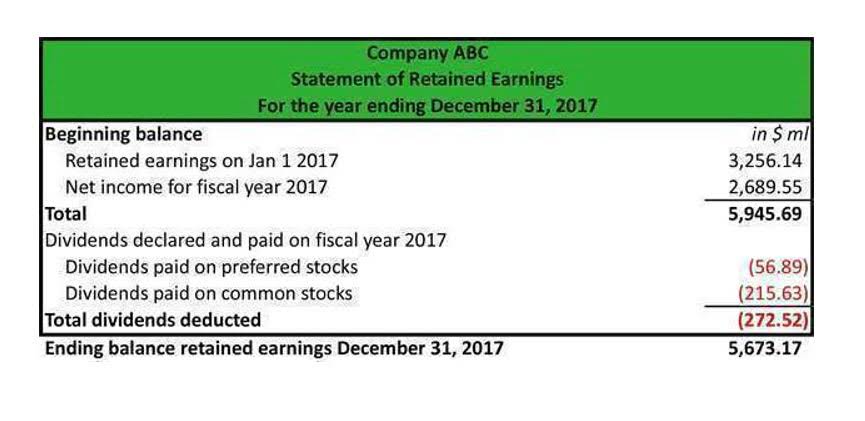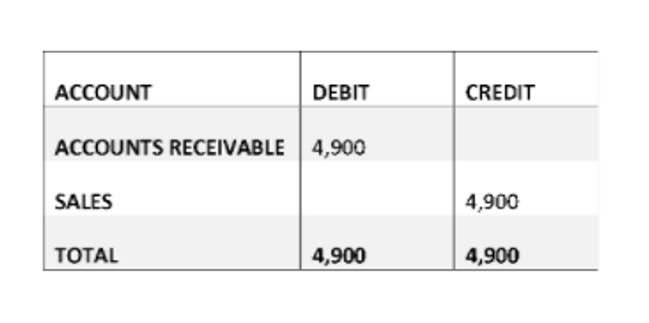
The simple answer is yes; paid church employees are considered employees by the IRS for income tax purposes. Churches often rely on tithes and donations to pay their operating costs. While tithes and donations are not taxable, they still have to be managed properly to ensure that all employees are paid accurately and on time. Transparent accounting with payroll software church payroll for churches is crucial for getting funds distributed properly every time.
- Even though they may work for a specific project or period, they do it on their own schedule.
- Payroll software for churches that understands how to account for pastoral wages and withholding can simplify all this for a church.
- Rather, volunteer bookkeepers are unaware of the complexities of payroll law when it comes to religious organizations or the nuanced changes that occur from one year to the next.
- Churches often receive donations and tithes, which can complicate payroll.
- National Association of Church Business Administration offers insights into efficient financial management.
- With its core workforce management platform, churches have access to a range of features including business software management, career management and cash management.
How We Evaluated The Top Church Payroll Services

It’s a complex area, requiring a deep understanding of allowance versus salary payments and health plan access for ministers. To make sure your ministry is following best practices for church allowance payments and providing affordable health benefits to its clergy, enlisting the help of an experienced payroll service can be invaluable. Payroll administrators can benefit from having personal payroll specialists who will work with them on everything from federal income taxes to processing and executing payments quickly and accurately. This allows churches to be more agile in their operations while also providing them with the freedom to choose from a wide range of services tailored specifically for ministry payroll needs.
What Is Included In Church Payroll Software?
Payroll can be a daunting task for volunteers and paid staff of small churches and nonprofits. There are so many changing laws that keeping up with them all can be almost impossible. They’re more of a “people platform” than just payroll, and church is about people. For example, we love that you can welcome new people and sign birthday cards through the platform. In this article, we’ll start by covering common problems with church payroll.
Problem 1: You’re withholding Social Security and Medicare for pastors
- A minor disadvantage is the lack of a proper church payroll and tax expert service.
- Still, the platform remains user-friendly, and church payroll processing is a breeze.
- Because of a pastor’s dual tax status, the employee won’t have to pay income tax on that amount, giving them an artificial pay raise.
- Churches must keep a copy of the Form W-9 for at least four years in the event of an IRS audit.
- Many rural or low-income congregations operate on shoestring budgets, relying entirely on donations from their members.
When it comes to managing payrolls in churches, there’s no substitute for using comprehensive solutions provided by experienced professionals. Not only do they have the expertise necessary to ensure compliance with applicable laws, but they also have the tools needed to provide access to important health benefits without busting your budget. Yes, religious institutions must withhold taxes from church employee income. However, clergy employees are treated differently due to their dual tax status. For state and federal government taxes, clergy employees are considered employees, while also regarded as self-employed for social security and Medicare taxes.
- MinistryWorks is the perfect solution for churches looking to streamline their payroll processes.
- They must withhold federal income tax, Social Security tax, and Medicare tax from employees’ paychecks.
- Going the DIY route with church payroll is a smart option for those who want full control of the process, but don’t have the time or resources to manage every aspect.
- Its full-service payroll system, affordable pricing, tax compliance assistance, and core HR features make it a reliable payroll management system.
- Make sure you’ve classified each person correctly and that you’re applying the proper withholding rules to their paychecks.
- The simple answer is yes; paid church employees are considered employees by the IRS for income tax purposes.
Thought-Provoking Arguments For and Against Churches Paying Taxes

You can even use OnPay to calculate clergy staff payments by excluding federal unemployment taxes. Compared to other solutions on this list, MinistryWorks has limited pay runs and doesn’t feature quick direct deposits. The platform Partnership Accounting lacks a report builder for custom reports, and users may find limited support for third-party integrations.
- Contact us today for a free consultation and see how our solutions can simplify payroll management for your church.
- This form allows you to specify how much federal income tax should be withheld from your paycheck based on your filing status, dependents, and other factors.
- Another form you MUST have on file for every employee is a Form I-9.
- The Tax Reform Act of 1984 allows a religious body to elect a special exemption from the employer’s share of FICA taxes if it opposes such taxes on religious grounds.
- When the employer refused to comply with this request, Alan filed a lawsuit in a federal court in Pennsylvania seeking a return of the withheld taxes plus $250,000 in punitive damages.
- In an era where financial accountability meets spiritual tradition, the debate over church taxation stirs deep emotions and challenges long-held beliefs.

Churches are exempt from most labor laws, so it’s important to have a specialized provider like surepayroll that understands those exemptions. With surepayroll’s intuitive interface and helpful customer service team, churches can rest assured that their payroll needs will be met quickly and efficiently. Rippling is among the best church payroll services for churches that want to automate their payroll, IT, and HR tasks. Rippling allows users to automate core IT tasks like computer inventory monitoring, business software management, laptop assignment to personnel, and much more. The system lets users choose solutions (online forms, PTO filings) that clergy or non-clergy employees can access. It also offers full-service payroll processing, unlimited pay runs, health insurance benefit access for all states, and more.

Your employer will also withhold Social Security and Medicare taxes from your wages based on the current rates set by the IRS. These taxes are typically withheld automatically and remitted to the appropriate government agencies on your behalf. To qualify for exempt status, the employee must have had no tax liability for the previous year and must expect to have no tax liability for the current year. However, if the employee can be claimed as a dependent on a parent’s or another person’s tax return, additional limitations may apply. Yourpayroll tax liabilitydetermines how often you have to pay your taxes for a payroll to balance sheet the IRS.

